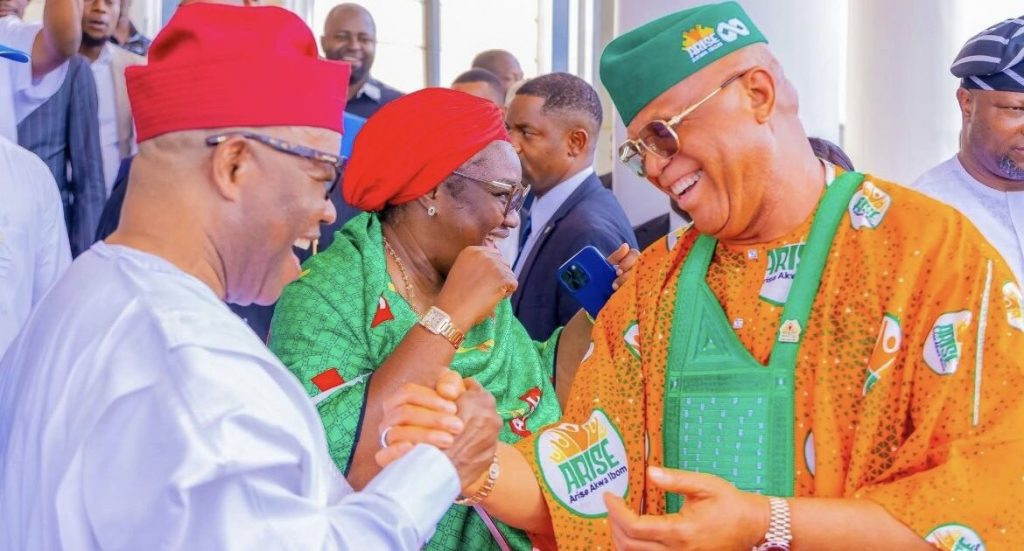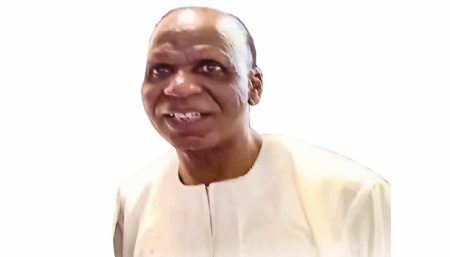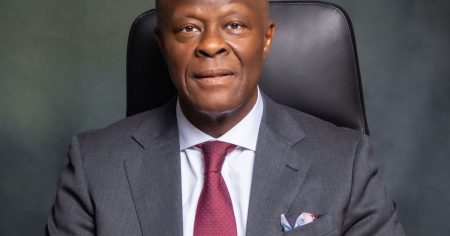The Political Landscape Shifts in Akwa Ibom: Governor Umo Eno’s Defection to APC
The political landscape of Akwa Ibom State experienced a significant shift on Friday as Governor Umo Eno officially defected from the Peoples Democratic Party (PDP) to the All Progressives Congress (APC). This move, announced at a ceremony held at the Government House in Uyo, the state capital, has sent ripples through the political circles of the state and beyond. Governor Eno’s defection was accompanied by a wave of other political figures, including his deputy, Akon Eyakenyi, members of the state executive council, federal and state lawmakers, and local council chairpersons, solidifying the impact of this political realignment.
Senate President Godswill Akpabio, a prominent APC figure, welcomed Governor Eno’s decision with open arms, commending him for prioritizing the welfare of the people of Akwa Ibom. Akpabio expressed his joy at receiving Governor Eno, his deputy, and other APC governors at his Uyo residence following the defection announcement. He highlighted the significance of the event, emphasizing the growing strength of the APC in the state and the alignment of political forces under the progressive banner.
The defection, however, was not without its dissenting voices. Ini Ememobong, the Commissioner for Information and Special Duties, resigned from his position, citing his unwillingness to join the APC. Ememobong’s resignation underscored the complexities of political allegiances and the personal convictions that can drive political decisions. His statement emphasized his belief in principled politics and his long-standing opposition to the APC, a stance he felt was validated by a significant portion of the Nigerian populace.
Governor Eno’s defection to the APC marks a pivotal moment in the political trajectory of Akwa Ibom State. While Senate President Akpabio framed the move as a positive step towards progress and development, the resignation of Commissioner Ememobong highlighted the potential for internal dissent and the challenges of maintaining political unity. The long-term implications of this political realignment remain to be seen, but the immediate impact has been a dramatic shift in the balance of power within the state.
The political landscape of Nigeria, particularly in states like Akwa Ibom, is often characterized by dynamic shifts in party affiliations and alliances. The decision of a sitting governor to switch parties is a significant event, carrying with it the potential to reshape the political dynamics of the state. Governor Eno’s defection, along with the accompanying wave of other political figures, signifies a substantial realignment of political forces within Akwa Ibom.
The contrasting reactions to the defection, with Akpabio’s enthusiastic welcome and Ememobong’s principled resignation, illustrate the multifaceted nature of political decisions. Such decisions are often driven by a confluence of factors, including personal convictions, political ambitions, and strategic calculations. The dynamics of these factors, and their interplay, shape the political landscape and contribute to the ongoing evolution of political power within the state. The coming months will likely reveal the full impact of Governor Eno’s decision and its implications for the political future of Akwa Ibom.














